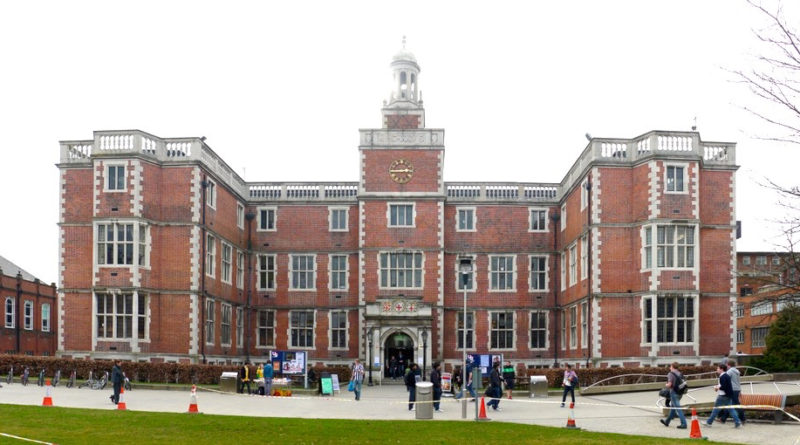British universities supporting staff from EU (and beyond) after Brexit vote
There is concern in the UK academic sector as Brexit affects EU staff and future arrangements on free movement may have an impact on the ability to attract talent. So several British universities have put in place initiatives to help personnel from EU countries – and beyond – maintain the right to live and work in the country. Information sessions, special advice from migration lawyers and financial support packages have been designed to help employees navigate uncertainty.
Newcastle University is one of the academic institutions offering interest-free loans to staff members who wish to take permanent residency or citizenship in the UK. More than 600 non-British EU citizens work in its departments, representing some 11% of the total workforce.
“We know that the EU referendum decision has caused great uncertainty so we have set up a financial support package to help staff and their dependents to secure the right to permanently live and work in the UK,” said a spokesperson. The scheme will help fund applications for British citizenship, permanent residency for staff from the European Economic Area (EEA) or indefinite leave to remain for nationals of other countries. “There is no time limit on when people can apply for the loan and the fund is fully flexible in terms of covering costs for staff and their family up to GBP 10,000,” explains a note.
A similar approach has been taken by the London School of Economics and Imperial College, which provide interest-free loans for residency and citizenship applications of EEA staff and their dependants. The LSE reimburses the cost of postal permanent residence applications made between 1st August 2016 and 31st July 2017.
All these institutes, and many others, are also organising sessions with immigration specialists to help their employees address concerns related to Brexit and consider their options. The University of Cambridge, which employs some 2,000 people from EEA countries (16% of staff), has made part of this information available online.
An EU working group has been set up at the University of Manchester to resolve issues arising from Brexit. One of their requests has been to build further capacity in the human resources directorate to help current and new international staff deal with immigration matters. At present, the university employs some 1,200 EU nationals, who represent 10% of the workforce.
According to data provided by Universities UK, the body representing the higher education sector, there were 43,000 EU citizens working in British universities in the year 2014-15.
Universities UK has called on the government to guarantee that all existing EU staff will be able to remain in the country following the UK’s exit from the EU. The organisation also asks to put in place policies to ensure that the UK remains an attractive destination for international researchers. In particular they call for a reform of the immigration system that is “evidence-based” and “more clearly recognises the benefits of international students and international academic staff.” They also want a commitment to limit bureaucracy.
Claudia Delpero © All rights reserved.
Photo by Andrew Curtis [CC BY-SA 2.0] via Wikimedia Commons.






